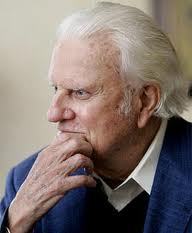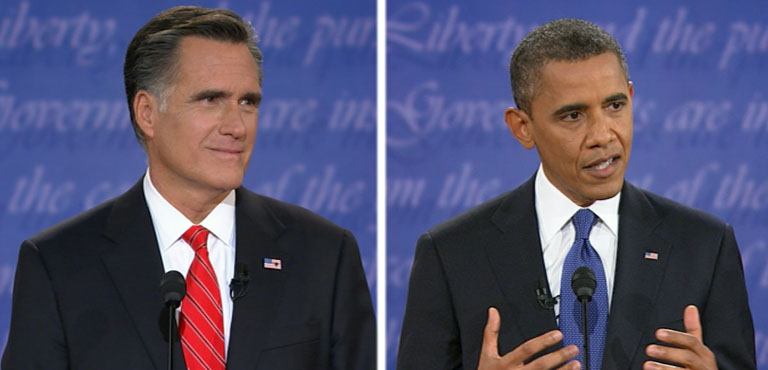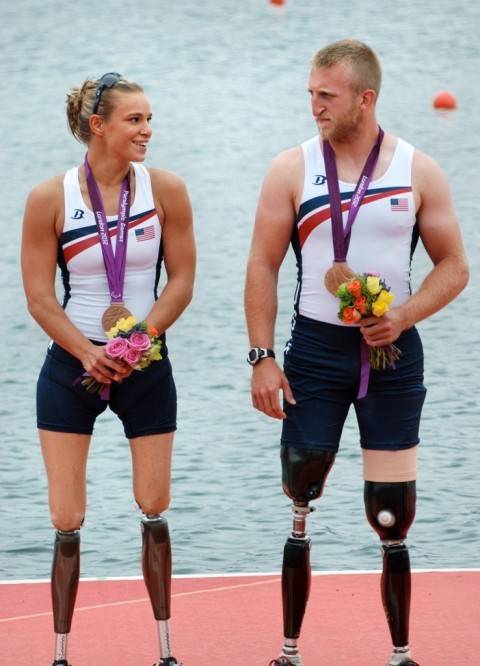 I do my best to stay out of politics, but in my journey to be an “astute” observer of life and religion, politics often whack me “up-side-the-head.” Such was the case when I saw a full-page ad in the Sunday newspaper from one of my heroes, Billy Graham. Then I read an article by Adelle Banks, an award-winning writer for the Religion News Service. Her article raises some questions I want you to think and pray about as you try, like me, to vote with my head, my heart and my values.
I do my best to stay out of politics, but in my journey to be an “astute” observer of life and religion, politics often whack me “up-side-the-head.” Such was the case when I saw a full-page ad in the Sunday newspaper from one of my heroes, Billy Graham. Then I read an article by Adelle Banks, an award-winning writer for the Religion News Service. Her article raises some questions I want you to think and pray about as you try, like me, to vote with my head, my heart and my values.
Her article is entitled “Why Is Billy Graham So Involved In the 2012 Election?” She identifies a recent meeting with GOP presidential nominee Mitt Romney followed by the Billy Graham Evangelistic Association scrubbing language from their website describing Mormonism as a “cult.” Two days later, the ministry announced a “vote biblical values” campaign, with Graham’s photo and signature accompanying a statement opposing abortion and supporting traditional marriage.
Her question is a valid one: why is the famed evangelist, who has said he learned hard lessons about being too political, getting involved in 2012 elections? Some suspect it is due to Franklin Graham, his son and president of the Billy Graham Evangelistic Association. “If not a new turn, he’s further down the road, with expressing a preference for a candidate,” said William Martin, author of A Prophet With Honor, a 1992 biography of Billy Graham. “I’m reasonably certain that he’s not done this before.”
Martin goes on to say that while Graham has met with every president since Harry Truman, he is coy about those relationships. Graham’s grandson, Reverend Tullian Tchividjian, remembers his grandfather feeling the fallout of his close friendship and support for President Richard Nixon, which led to a divine warning that he was primarily a preacher and not a politician.
So, my questions are as follows:
How do you feel about religious icon, Billy Graham, weighing in on the election? Before you answer that, recognize that law mandate “preachers” NOT to endorse political candidates or our churches/organizations could lose their tax-exempt status. Also, is your answer to this question based less on your agreement with Billy Graham than your agreement with your particular political candidate, in other words, since his statements favor your political candidate, you will agree with him or since his statements don’t favor your political candidate will you disagree with him?
Is it more important to vote for someone who is not a “Christian” (by definition, Mormonism is a cult) but supports your view about marriage or abortion or is it more important to vote for someone who is a “Christian” (our president says he is a Christian) but does not support your view of marriage or abortion, however, they do support Christ’s mandate to feed the poor?
Is your head exploding yet? Mine often is when I try to process my head, my heart and my values. Please think and pray about these and all of the other issues facing our nation at this time of the year and speak kindly and honestly to all those who disagree with you.
 What do the two candidates running for president have in common? Really. If you watch the candidates from a “fair, non-snarky” point of view they are both a bit “aloof” and from someone who has been accused of the same, I do not necessarily think that is a bad thing. Add to that, I found someone who agrees with me. Evan Thomas, in an article from Time magazine, “The Upside of Mystery” makes an excellent observation.
What do the two candidates running for president have in common? Really. If you watch the candidates from a “fair, non-snarky” point of view they are both a bit “aloof” and from someone who has been accused of the same, I do not necessarily think that is a bad thing. Add to that, I found someone who agrees with me. Evan Thomas, in an article from Time magazine, “The Upside of Mystery” makes an excellent observation.